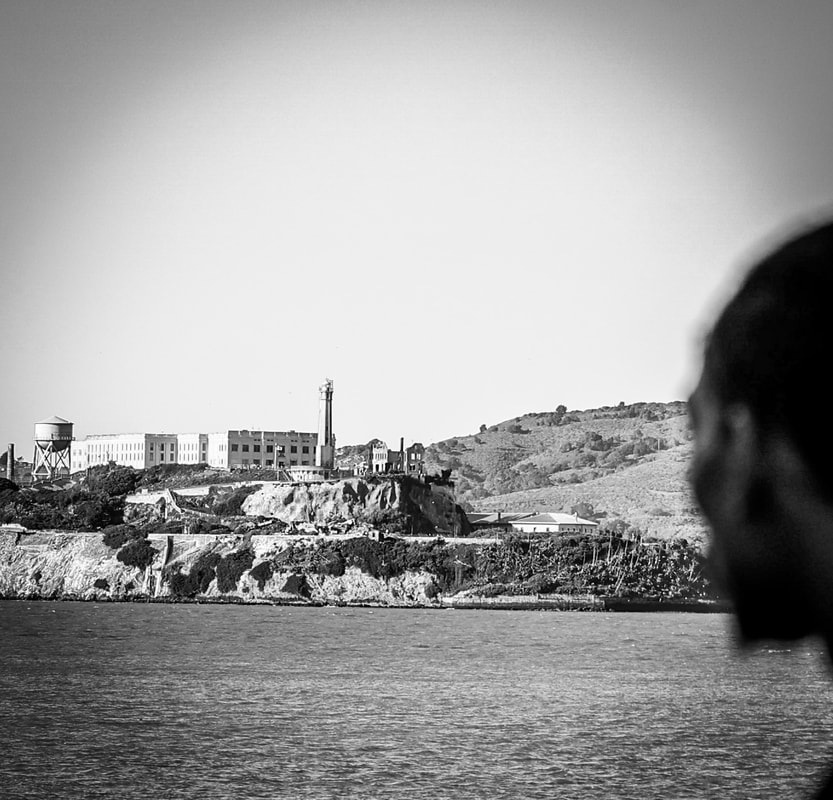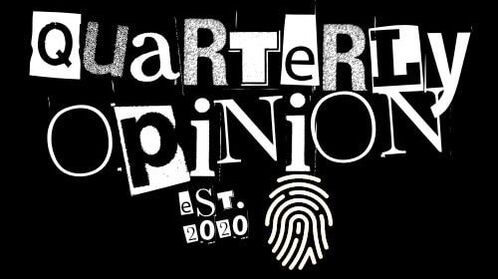|
Photo by Johnny Perez Gazing across the water towards Alcatraz Island, it's fascinating to reflect on its diverse history. This small piece of land has served multiple roles: a fort, a military prison, and a maximum-security federal penitentiary. In 1969, it became a symbol of liberation and Native American civil rights when the Indians of All Tribes group occupied it for 19 months, asserting their quest for freedom.
As a member of the prison programs advisory council for The National Religious Campaign Against Torture (NRCAT), I am part of a national effort mobilizing people of faith to advocate against torture and for human dignity across the United States. NRCAT, a Washington, D.C.-based interfaith organization, is steadfast in its mission to end torture in U.S. policy, practice, and culture. With over 300 religious organizations and 75,000 individuals participating in our initiatives, we strive to promote human rights and dignity, advocating for an end to all forms of torture without exception. Through grassroots organizing, public education, and policy advocacy, we engage communities of faith and leaders nationwide to push for legislation abolishing solitary confinement and mitigating the harms of cruel carceral conditions. The inhumane conditions within American prisons demand immediate intervention and policy support. Highlighted below are distressing examples from across the country, which illustrate the urgent need for systemic change: Solitary Confinement of Detained Immigrants: A disturbing report, resulting from a collaborative analysis by Harvard and the nonprofit Physicians for Human Rights, reveals that the U.S. government has subjected detained immigrants to solitary confinement over 14,000 times in the last five years. The duration of these confinements is nearly double the 15-day limit considered by the United Nations as potentially constituting torture. This analysis, supported by The New York Times through a review of federal records and interviews, exposes not just the excessive use of solitary confinement but also instances of physical, verbal, and sexual abuse. The escalating detainee numbers, particularly in privately run facilities, signal a dire need for accountability and reform. Cover-Up of Civil Rights Violations in California: In a revealing case, the U.S. Attorney's Office, Eastern District of California, has charged former correctional officers at California State Prison – Sacramento with falsifying records and perjury to conceal the unlawful assault of an inmate. This incident underscores the systemic issues within prison management and the urgent need for transparency and justice. Missing Organs from Deceased Inmates in Alabama: A federal lawsuit has brought to light a horrifying situation where the bodies of incarcerated individuals were returned to their families missing vital organs. This egregious disrespect for human dignity and the rights of families to properly mourn their loved ones is appalling and calls for immediate investigation and accountability. Unnotified Burials in Mississippi: The discovery of hundreds of inmates buried in a pauper's field next to the Hinds County Penal Farm without family notification has sparked outrage and demands for a federal investigation. The secretive nature of these burials, marked only by numbered metal tags, reveals a profound disregard for human life and the sanctity of death. These examples demonstrate a sense of urgency to address the systemic failures of our prison system. The dehumanizing conditions under which many incarcerated individuals live are contrary to the principles of justice and rehabilitation. It is imperative that we, as a society, shift our focus towards restorative justice approaches that prioritize the dignity, health, and reintegration of those within the prison system. Call to Action!!! We must not remain silent. I urge you to check on your incarcerated loved ones, ensuring they are treated with the dignity and respect every human being deserves. Support politicians and policies that advocate for the transformation of our prison system into one that values rehabilitation over punishment, human dignity over degradation. Together, we can create a more just and compassionate society that heals rather than harms, restoring hope and humanity to those who have been marginalized and mistreated by an unjust system. Isaac I. Scott is Five-time Change Agent Award winner, Multimedia Visual Artist, Journalist, and Independent Consultant.
0 Comments
Leave a Reply. |
EDITOR IN CHIEFISAAC I. SCOTT, Archives
May 2024
Categories |
|
© 2020 Isaac's Quarterly LLC. The images, pictures, and videos on this website are copyrighted and may not be downloaded or reproduced. These materials may be used only for Educational Purposes. They include extracts of copyright works copied under copyright licences. You may not copy or distribute any part of this material to any other person. Where the material is provided to you in electronic format you may download or print from it for your own use, but not for redistribution. You may not download or make a further copy for any other purpose. Failure to comply with the terms of this warning may expose you to legal action for copyright infringement and/or disciplinary action by Isaac's Quarterly LLC.
|
|
|
Follow Isaac's Quarterly on Social Media
|


 RSS Feed
RSS Feed
